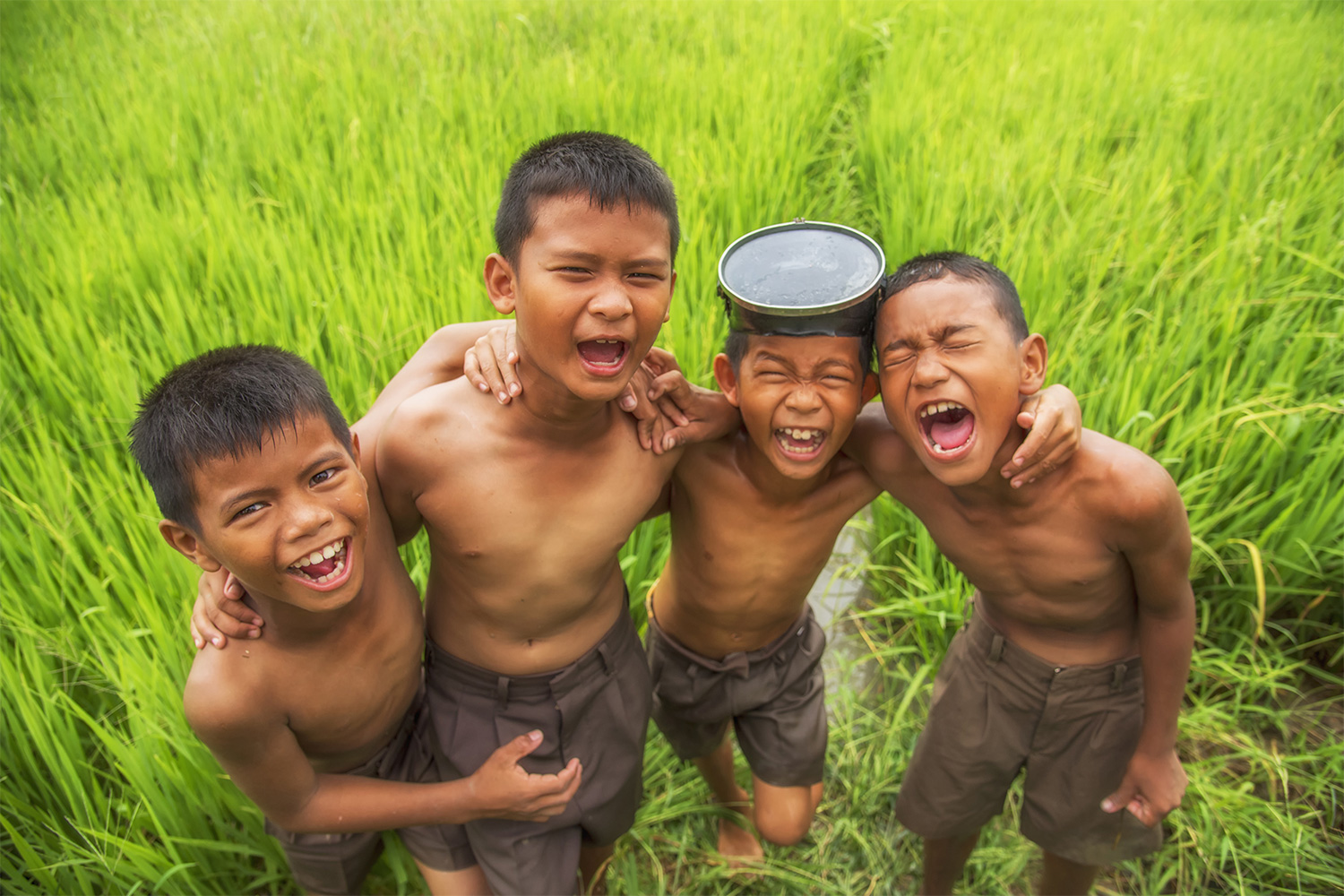PAN Asia Pacific (PANAP) and its partners today launched its annual Protect Our Children Against Toxic Pesticides campaign highlighting the need to uphold the rights of the child to a healthy environment and promote agroecology for the future of children.
“This year, the UN is commemorating #WorldChildrensDay with the theme A Better Future for Every Child. We say that a better future for our children necessitates the global phase-out of pesticides that are especially toxic to children, as well as a shift from a chemical-intensive food system to one that is anchored on the principles of agroecology,” said Sarojeni Rengam, PANAP executive director.
Over the last 50 years, the prevalence of autism spectrum disorders, asthma, attention deficit hyperactivity disorder, childhood cancers and birth defects have increased substantially. Evidence is growing that these are linked to environmental hazard exposure, according to the UNICEF’s Global Programme Framework, “Healthy Environment for Healthy Children” released earlier this year.
According to the UNICEF, 92% of pollution-related deaths occur in lower- and middle-income countries — specifically in poorer, marginalised communities. Children bear the greatest risks, since “low levels of environmental pollution that could be tolerable for adults can have life-long toxic effects on children.” It is estimated that 108 million children globally are working in the agriculture sector, and likely exposed directly to toxic pesticides. This figure does not yet include millions of children living in rural communities, who are exposed to pesticides in various ways.
In a study conducted by PANAP and its partner groups CGFED and SRD among school children in three districts in Vietnam, it was found that an overwhelming majority or 98.6% of students reported that they were exposed to the pesticides in their homes and schools, such as when playing in the fields after pesticides were sprayed (66%), purchasing and selling pesticides when told by parents (48.6%), and washing pesticide spraying tanks or equipment (33%). Self-reported symptoms by the children include dizziness, headaches, vomiting, and disturbed sleep.
As part of PANAP’s Protect Our Children Against Toxic Pesticides campaign, the following activities will be held:
- Pakistan- Khoj – Society for People’s Education will launch a Handbook on Children’s Gardening. The handbook provides step-by-step guidance on how to build agroecological food gardens, which Khoj has pioneered in schools in Pakistan.
- Bangladesh- Bangladesh Resource Center for Indigenous Knowledge (BARCIK) will hold an art competition and dialogue with children and health rights groups in Manikganj District, Dhaka
- India- In Yavatmal District, Maharashtra, PAN India will hold an awareness-raising session on “How Pesticides Harm Children” among farmers, youth and children. In Tamil Nadu, the Society for Rural Education will also hold an educational program among children of farmers.
“Children must be taught that it is possible to grow food without the use of toxic pesticides. If they are schooled on agroecological practices at a young age, they will see for themselves that the dependence of the current food system on chemical inputs is harmful and unnecessary,” said Nasira Habib, Khoj Founder director.
The UNICEF reiterates earlier recommendations of the Committee on the Rights of the Child, which urges State parties to (a) significantly reduce the use of highly hazardous pesticides and especially crop dusting/aerial pesticide spraying; (b) establish an effective monitoring system, conduct an assessment of children’s exposure to hazardous pesticides; (c) ensure access to health care and services for children affected by chemical pesticides; and (d) develop awareness-raising campaigns to prevent pregnancy and childhood exposures to such substances.
Meanwhile, Rengam stressed the urgent need to ban 20 Terrible Pesticides that PANAP has identified to be especially toxic to children. “Cancer-causing glyphosate is among these widely used pesticides that children should not be exposed to anymore. PANAP is also working hard to have chlorpyrifos, which is linked to brain damage in children, banned in Asian countries. But governments can act now to protect our children. There are governments which have already banned or restricted these pesticides, and more governments should follow suit,” she said.
In the meantime, PANAP is also calling for pesticide-free buffer zones around schools to minimise children’s exposure to pesticides in their formative years.








Discussion about this post